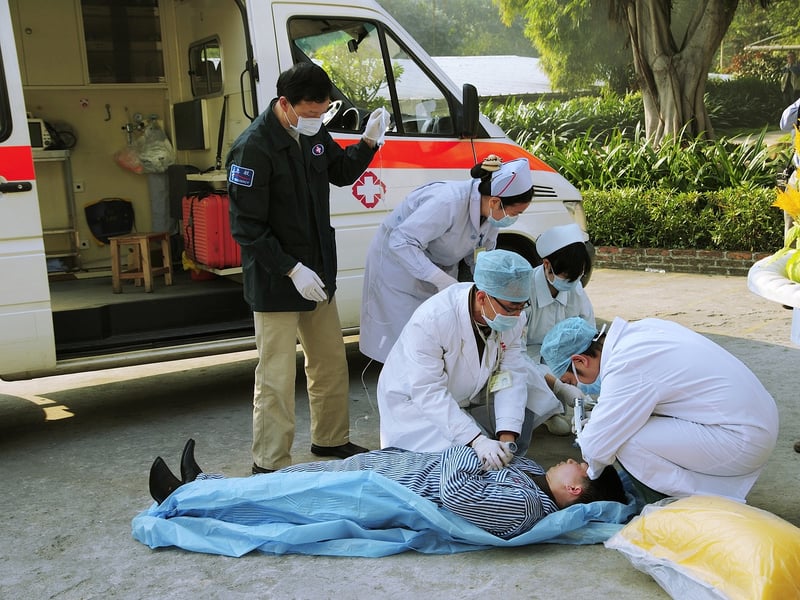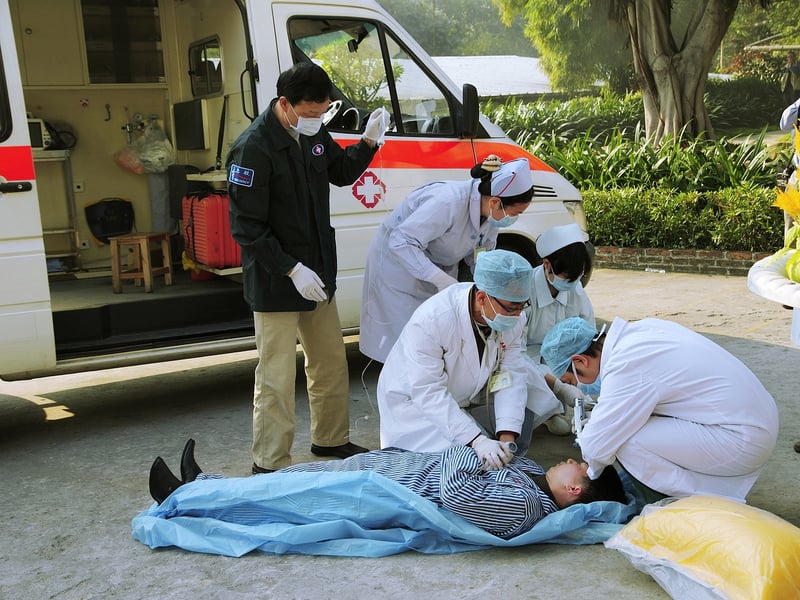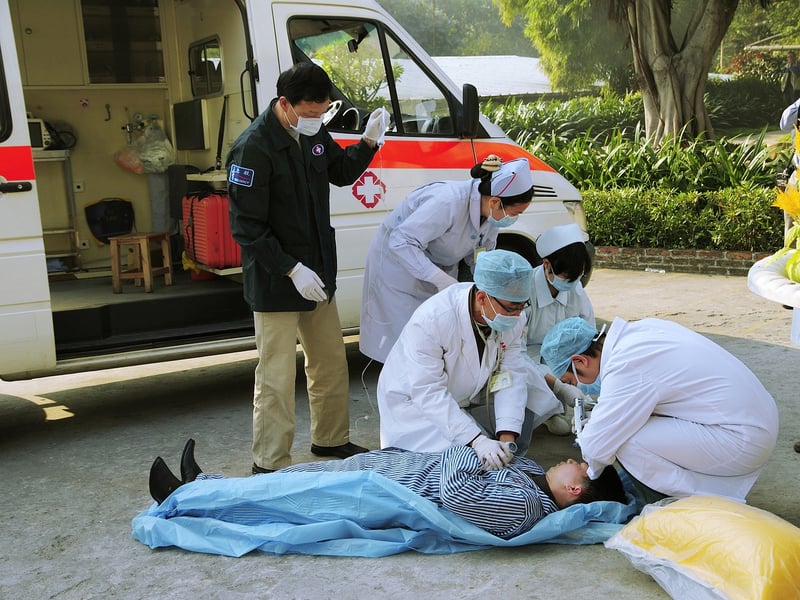First Aid Training
Reacting to Crises and First Aid Training
Introduction
In times of emergencies, knowing how to react swiftly and provide first aid can make a significant difference in saving lives. Being equipped with the skills and knowledge to handle crises effectively is crucial for everyone, whether at home, work, or in public settings.
Why First Aid Training is Essential
First aid training is essential as it empowers individuals to respond promptly and appropriately in emergency situations. By learning basic first aid techniques, individuals can provide immediate assistance before professional help arrives, which can be critical in saving lives.
Key Benefits of First Aid Training
- Ability to assess the situation and provide assistance
- Knowledge of CPR and AED usage
- Effective wound care and bandaging techniques
- Management of choking incidents
- Understanding how to handle fractures and sprains
Reacting to Crises
Reacting to crises involves staying calm, assessing the situation, and taking appropriate actions. Whether it's a natural disaster, a medical emergency, or an accident, knowing how to respond quickly and effectively can minimize harm and maximize the chances of a positive outcome.
Training Resources
There are various organizations and institutions that offer first aid training courses for individuals of all ages and backgrounds. These courses typically cover a wide range of topics, from basic wound care to advanced life support techniques.
Recommended First Aid Training Providers:
Conclusion
Being prepared to react to crises and having the knowledge to administer first aid can be life-saving skills. By undergoing first aid training and staying informed on emergency response procedures, individuals can play a crucial role in ensuring the well-being of those around them.


